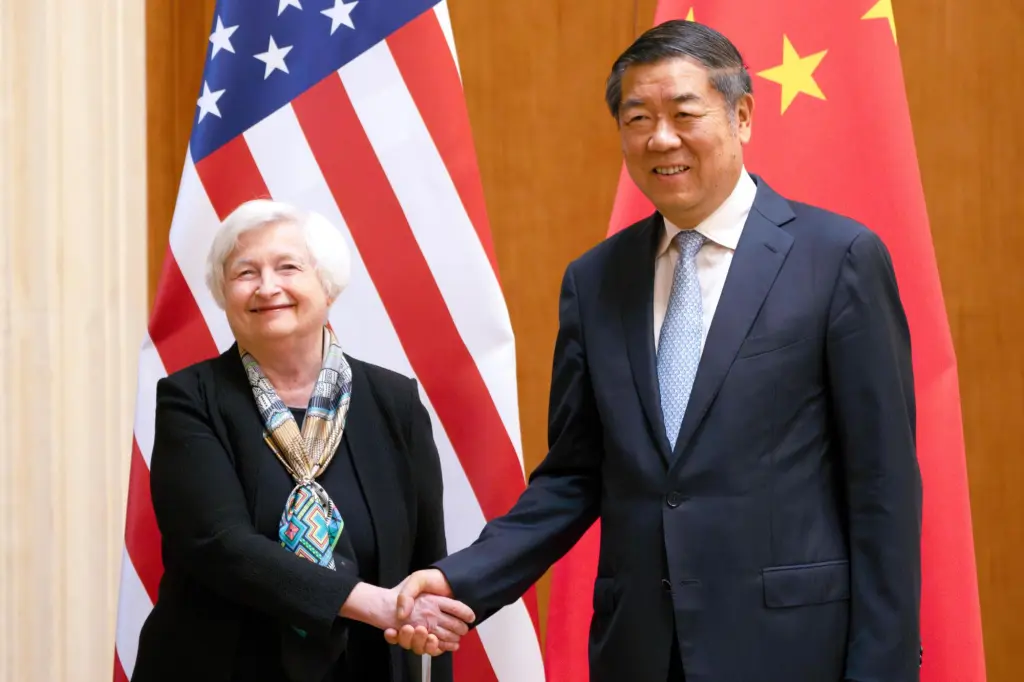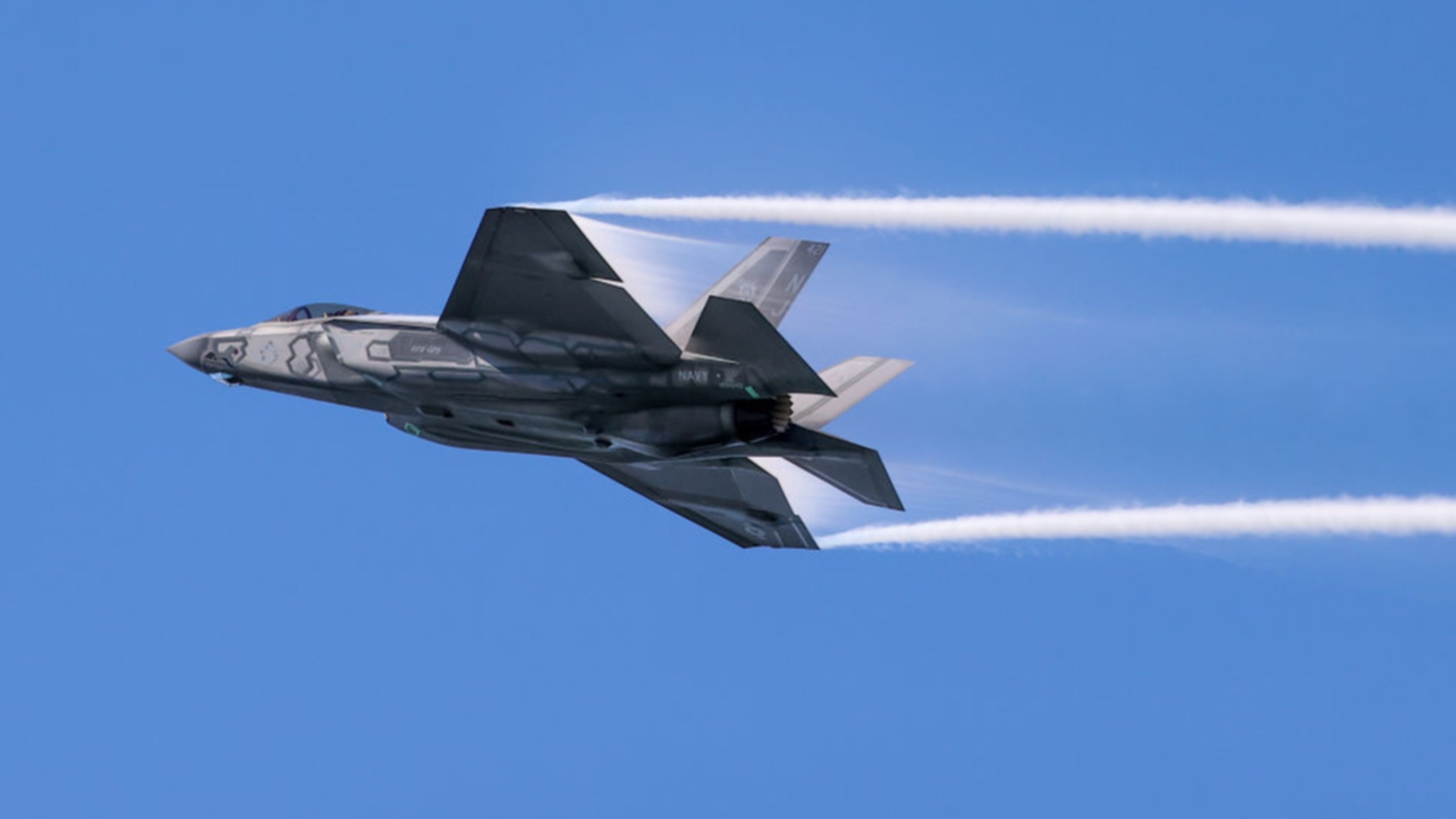The U.S. Treasury Division and China’s Ministry of Finance sent off a couple of financial working groups on Friday with an end goal to ease tensions and develop ties between the nations.
Driven by Treasury Secretary Janet Yellen and Bad habit Chief He Lifeng, the functioning groups will be partitioned into monetary and financial segments.
The functioning groups will “establish a strong channel of correspondence between the world’s two largest economies,” Yellen said in a series of tweets enumerating the declaration. She said the groups will “serve as significant forums to convey America’s interests and concerns, advance a sound monetary contest between our two countries with a level battleground for American workers and businesses.”
The declaration follows a string of high-positioning administration officials’ visits to China this year, which sets the stage for a possible gathering between President Joe Biden and his Chinese partner, Xi Jinping, in November at an Asia-Pacific monetary meeting in San Francisco.
China is one of the US’s biggest exchanging partners, and financial rivalry between the two nations has increased lately. The two finance ministers have consented to meet at a “ordinary rhythm,” the Treasury Office said in a news release.
Yellen, alongside other Biden administration officials, made a trip to China this year after the Majority rule president guided key senior officials to “keep up with correspondence and extend constructive efforts after he met with Xi in Bali last year.
The groups’ send off also comes after Secretary of State Antony Blinken met with China’s VP on Monday uninvolved of the U.N. General Assembly.
Working groups between the U.S. what’s more, China are not another creation.
Reps. Rick Larsen, D-Wash., and Darin LaHood, R-Poorly., set up a functioning gathering in 2005 between lawmakers in the two nations. Furthermore, as of late as August, Business Secretary Gina Raimondo said she and Business Minister Wang Wentao promised to set up a functioning gathering of officials and confidential sector representatives to “seek solutions on exchange and investment issues.”
Areas of disagreement between the nations have included tariffs, innovation and China’s claims to self-administering Taiwan and huge parts of the South and East China Seas.
Tensions between the countries arrived at a breaking point prior this year when a Chinese surveillance expand was spotted going over sensitive U.S. airspace. The U.S. military shot the inflatable down off the Carolina coast after it traversed sensitive military sites across North America. China insisted the flyover was a mishap including a non military personnel airplane and undermined repercussions.
In April, Yellen got down on China’s business and denials of basic freedoms in Xinjiang, Hong Kong and Tibet while striking a placating tone about how there is “a future wherein the two countries share in and drive worldwide financial progress.”
Relations between the two countries have become additionally strained as the Communist country has developed its ties with Russia despite its proceeded with invasion into Ukraine.
The U.S. last year moved to hinder exports of cutting edge microchips to China, an activity intended to subdue China’s capacity to make progressed military systems including weapons of mass destruction, Trade Division officials said last October.




